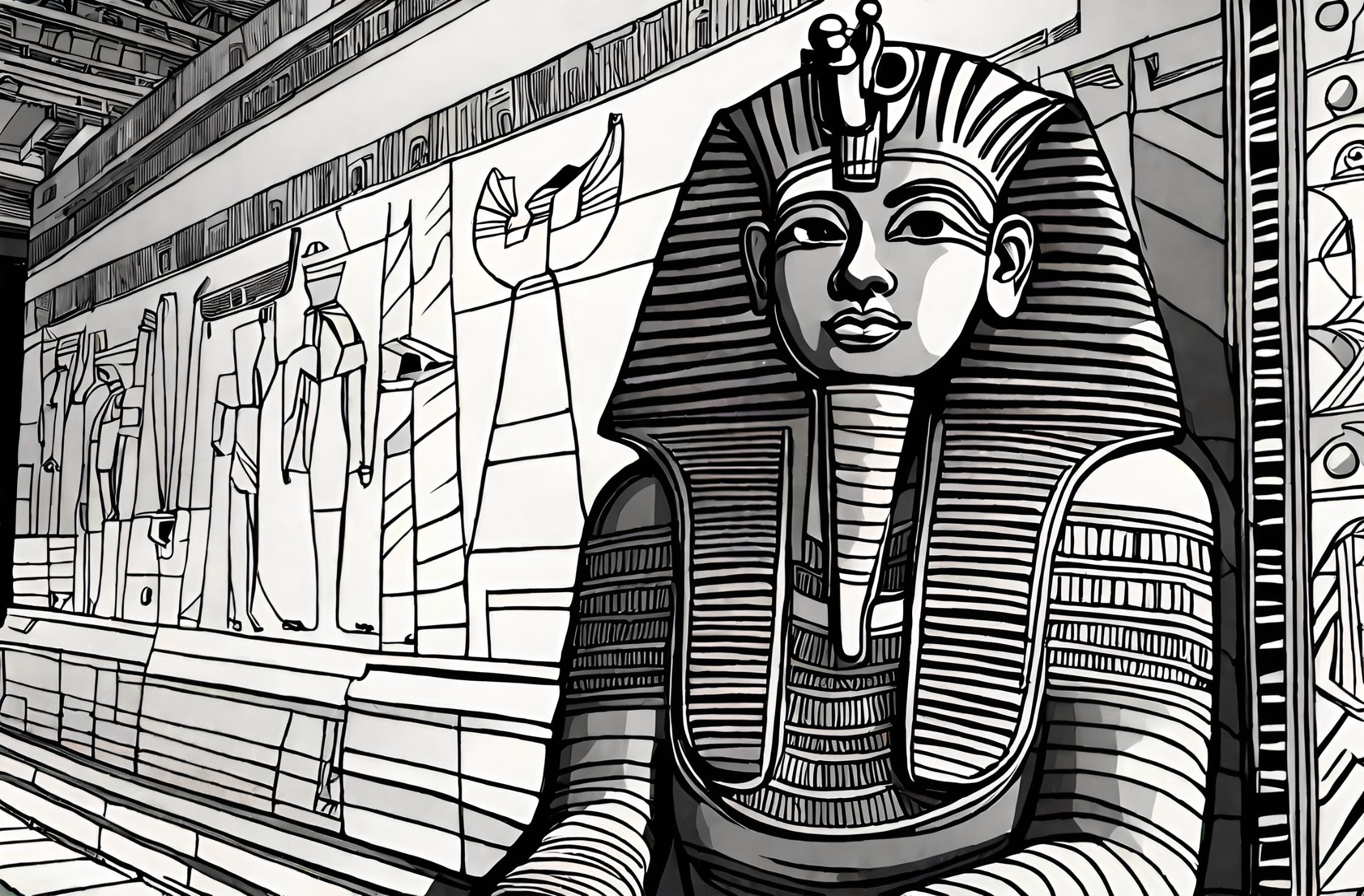Flashback to November 4
World History

On July 17, 1928, Mexico experienced a tragic event that shook the nation to its core. General Alvaro Obregón, the president of Mexico, was assassinated. This shocking incident marked a turning point in Mexican politics and left a lasting impact on the country’s history. In this article, we will delve into the details of this event and its implications.
General Alvaro Obregón was an influential figure in Mexican politics, having previously served as the president from 1920 to 1924. He was widely respected for his military prowess and his contribution to the Mexican Revolution. His presidency played a crucial role in stabilizing the nation and implementing social and agrarian reforms.
However, as Obregón prepared to take office for the second time, tragedy struck. On the evening of July 17, 1928, as he dined in a restaurant in Mexico City, a man named José de León Toral approached him. Toral was a religious fanatic who opposed Obregón’s re-election and believed it was his divine duty to eliminate the president.
Without warning, Toral fired several shots at Obregón, fatally wounding him. The president was rushed to a nearby hospital, but his injuries proved to be too severe, and he succumbed to them. This brutal act of violence sent shockwaves throughout Mexico and triggered a nationwide response of grief and anger.
The assassination of General Alvaro Obregón had significant political ramifications for Mexico. His death ended his plans for economic and social reforms, leaving unfinished business that would take years to address. The nation was also left in a state of political uncertainty as leaders competed to fill the void left by his absence.
Despite the tragic nature of General Obregón’s death, it is essential to acknowledge the positive impact he had on Mexican society. As president, he aimed to bring stability to the country and worked towards achieving economic growth and social progress. His policies, such as land redistribution, had a profound impact on the lives of many Mexicans.
Following Obregón’s assassination, the Mexican government launched an investigation to bring the perpetrators to justice. José de León Toral was arrested, and he was subsequently convicted and executed for his crime. However, Toral’s act of violence did not achieve the intended outcome of halting Obregón’s influence. Instead, it sparked a renewed sense of unity among the Mexican people.
The assassination of General Alvaro Obregón left an indelible mark on Mexican history and politics. It served as a reminder of the risks and challenges associated with serving in public office and highlighted the importance of stability and unity in a nation. While his life was tragically cut short, his legacy lives on, inspiring successive generations of Mexican leaders to work towards progress and equality.
the assassination of General Alvaro Obregón on July 17, 1928, was a devastating event that had a profound impact on Mexican society. His death marked the end of his plans for reform and left a political void that would take years to fill. However, his legacy as a leader and his commitment to social and economic progress continue to influence Mexico to this day. The tragic circumstances surrounding his assassination serve as a reminder of the challenges faced by those in public office and the importance of unity and stability in a nation.
We strive for accuracy. If you see something that doesn't look right, click here to contact us!
Sponsored Content

Discovery of Tutankhamun’s tomb
"Unearthed on 11th November,…

Iranian troops fire on…
"Iranian troops initiated violence…

Israel captures Straits of…
On November 4th, 1956,…

T.S. Eliot wins the…
Celebrating the momentous event…

A ferry capsizes during…
Experiencing a tragic ferry…

Menelek of Shoa obtains…
On November 4, 1889,…

